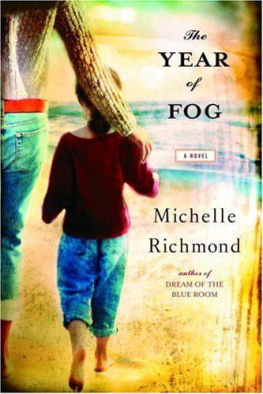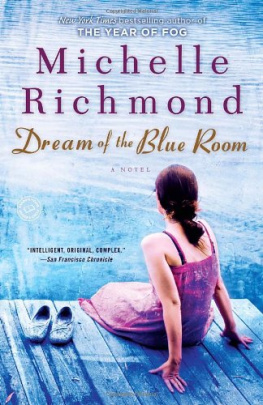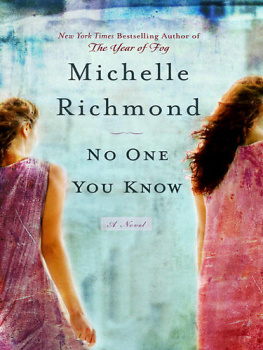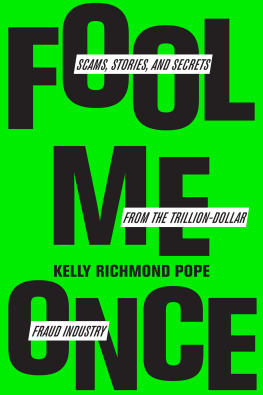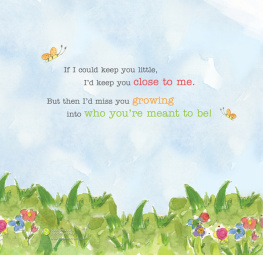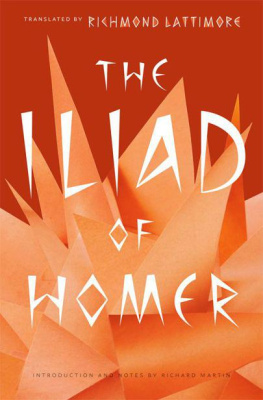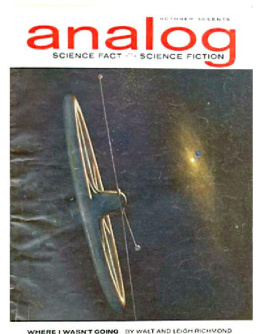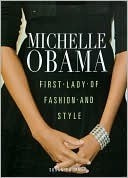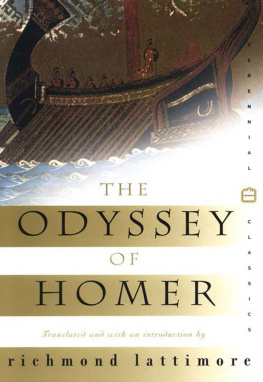Michelle Richmond - Year Of Fog
Here you can read online Michelle Richmond - Year Of Fog full text of the book (entire story) in english for free. Download pdf and epub, get meaning, cover and reviews about this ebook. year: 2007, publisher: Bantam Books, genre: Science fiction. Description of the work, (preface) as well as reviews are available. Best literature library LitArk.com created for fans of good reading and offers a wide selection of genres:
Romance novel
Science fiction
Adventure
Detective
Science
History
Home and family
Prose
Art
Politics
Computer
Non-fiction
Religion
Business
Children
Humor
Choose a favorite category and find really read worthwhile books. Enjoy immersion in the world of imagination, feel the emotions of the characters or learn something new for yourself, make an fascinating discovery.
- Book:Year Of Fog
- Author:
- Publisher:Bantam Books
- Genre:
- Year:2007
- Rating:5 / 5
- Favourites:Add to favourites
- Your mark:
- 100
- 1
- 2
- 3
- 4
- 5
Year Of Fog: summary, description and annotation
We offer to read an annotation, description, summary or preface (depends on what the author of the book "Year Of Fog" wrote himself). If you haven't found the necessary information about the book — write in the comments, we will try to find it.
Year Of Fog — read online for free the complete book (whole text) full work
Below is the text of the book, divided by pages. System saving the place of the last page read, allows you to conveniently read the book "Year Of Fog" online for free, without having to search again every time where you left off. Put a bookmark, and you can go to the page where you finished reading at any time.
Font size:
Interval:
Bookmark:
ACKNOWLEDGMENTS
The following books were instrumental in my research: The Art of Memory, by Frances A. Yates; Memories Are Made of This, by Rusiko Bourtchouladze; Searching for Memory: The Brain, the Mind, and the Past, by Daniel L. Schacter; The Girls Guide to Surfing, by Andrea McCloud; the indispensable website Surfline; and San Franciscos Richmond District, by Lorri Ungaretti. I came across the confabulatores nocturni in Jorge Luis Borgess essay The Thousand and One Nights.
Thanks to my fabulous agent, Valerie Borchardt, for her belief in this book; my wonderful editor, Caitlin Alexander, for her patience and diligence; Anne Borchardt and Bill URen for their insightful commentary on early drafts; Misty Richmond for her photography expertise; Erin Enderlin and Jay Phelan for early readings; and Jiri Kajane for the excellent souvlaki. I also wish to thank Bay Area Word of Mouth and the folks at Simple Pleasures in San Francisco for support of the moral and caffeinated varieties.
My gratitude to the late Bill White, who gave me a beautiful place to write in Costa Rica. Thanks also to Lawrence Coates, Wendell Mayo, and Bowling Green State University for giving me time and space to complete the book while I was a visiting writer there.
This book would not have made it to publication without the help of Katie Phelan and Purevsuren Sukhbaatar, who gave me precious hours to work by caring for my young son. Speaking of whom, a sleepy shout-out to Oscar for waking me up every morning at 5:00. Above all, thanks to Kevin.
ABOUT THE AUTHOR
MICHELLE RICHMOND is the author of the novel Dream of the Blue Room and the story collection The Girl in the Fall-Away Dress. Her stories and essays have appeared in Glimmer Train, Playboy, The Oxford American, and elsewhere. She has been a James Michener Fellow, and her fiction has received the Associated Writing Programs Award and the Mississippi Review Prize. A native of Mobile, Alabama, Michelle lives with her husband and son in San Francisco, where she teaches creative writing and publishes the online literary journal Fiction Attic. She is currently at work on her next novel, which Delacorte Press will publish in 2008.
H ERE IS the truth, this is what I know: we were walking on Ocean Beach, hand in hand. It was a summer morning, cold, July in San Francisco. The fog lay white and dense over the sand and oceanan enveloping mist so thick I could see only a few feet in front of me.
Emma was searching for sand dollars. Sometimes they wash up by the dozens, whole and dazzling white, but that day the beach was littered with broken halves and quarters. Emma was disappointed. She is a child who prefers things in a state of perfection: sand dollars must be complete, schoolbooks must be pristine, her fathers hair must be neatly trimmed, falling just above his collar.
I was thinking of her fathers hair, the soft dark fringe where it touches his neck, when Emma tugged at my hand. Hurry, she said.
Whats the rush?
The waves might wash them away.
Despite our bad luck so far, Emma believed that on the beach ahead lay a treasure of perfect sand dollars.
Want to go to Louiss Diner instead? I said. Im hungry.
Im not.
She tried to extract her fingers and pull away. I often thought, though I never said it, that her father spoiled her. I understood why: she was a child without a mother, and he was trying to compensate.
Let me go, she said, twisting her hand in my own, surprisingly strong.
I leaned down and looked into her face. Her green eyes stared back at me, resolute. I knew I was the adult. I was bigger, stronger, more clever. But I also knew that in a test of will, Emma would outlast me every time. Will you stay close by?
Yes. She smiled, knowing she had won.
Find me a pretty sand dollar.
Ill find you the biggest, she said, stretching her arms wide.
She skipped ahead, that small, six-year-old mystery, that brilliant feminine replica of her father. She was humming some song that had been on the radio minutes earlier. Watching her, I felt a surge of joy and fear. In three months, I would marry her father. We hadnt yet explained to her that I would be moving in permanently. That I would make her breakfast, take her to school, and attend her ballet recitals, the way her mother used to do. No, the way her mother should have done.
Youre good for Emma, Jake liked to say. Youll be a much better mother than my ex-wife ever was.
And I thought, every time, how do you know? What makes you so sure? I watched Emma with her yellow bucket, her blue cloth shoes, her black ponytail whipping in the wind as she raced away from me, and wondered, how can I do it? How can I become a mother to this girl?
I lifted the Holga to my eye, aware as the shutter clickedonce, softly, like a toythat Emma would be reduced to a blurry 66 in black and white. She was moving too fast, the light was insufficient. I turned the winding knob, clicked, advanced again. By the time I pressed the shutter release a final time, she was nearly gone.
H ERE THEN is the error, my moment of greatest failure. If everyone has a decision she would give anything to retract, this is mine: a shape in the sand caught my eye. At first it looked like something discardeda childs shirt, perhaps, or a tiny blanket. By instinct I brought the camera to my eye, because this is what I doI take pictures for a living, I record the things I see. As I moved closer, the furry head came into focus, the arched back, black spots on white fur. The small form was dusted with sand, its head pointing in my direction, its flippers resting delicately at its sides.
I knelt beside the seal pup, reaching out to touch it, but something stopped me. The wet black eyes, open and staring, did not blink. Spiky whiskers fanned out from the face, and three long lashes above each eye moved with the breeze. Then I saw the gash along its belly, mostly hidden by sand, and felt some maternal urge bumping around inside me. How long did I spend with the seal pupthirty seconds? A minute? More?
A tiny sand crab scuttled over the sand by my toe. The sight of it reminded me of those miniature creatures that littered the beach at Gulf Shores when I was a child. My sister Annabel would capture them in mason jars and marvel at their pink underbellies as they tried to climb out, legs ticking against the glass. This crab kicked up a pocket of sand, then disappeared; at most, another ten seconds passed.
I glanced eastward toward the park, where the fog abruptly ended, butting up against startling blue. As a transplant to this city from the bright and sultry South, I had come to love the fog, its dramatic presence, the way it deadens sound. The way it simply stops, rather than fading, opaque whiteness suddenly giving way to clarity. Crossing from fog into sunlight, one has the feeling of having emerged. Traveling in the other direction is like sinking into a mysterious, fairy-tale abyss.
Just beyond the beach, along the Great Highway, a hearse led a line of cars south toward Pacifica. I remembered the last funeral I attended, a healthy guy in his late twenties who broke his neck in a rock-climbing accident; he was a friend of a friend, not someone I knew well, but because Id talked with him at a dinner party two weeks before the accident, it seemed appropriate to go to the funeral. This recollection took another five seconds.
I looked ahead, where Emma should be, but did not see her. I began walking. Everything was saturated a cool white, and distance was impossible to measure. I clutched the plastic Holga, imagining the great images Id get, the deep black of Emmas hair against the cold white beach.
I couldnt help thinking of the dead seal pup, how I would explain it to Emma. I believed this was something mothers instinctively knew how to do. This would be a test, the first of many; at that moment I was not thinking entirely of Emma. I walked faster, anxious to know if she had seen the seal; it was a good thing for her to see that day, alone on the beach with me. I wanted her to be frightened by the dead seal pup so I could step delicately into the role of stepmother.
Next pageFont size:
Interval:
Bookmark:
Similar books «Year Of Fog»
Look at similar books to Year Of Fog. We have selected literature similar in name and meaning in the hope of providing readers with more options to find new, interesting, not yet read works.
Discussion, reviews of the book Year Of Fog and just readers' own opinions. Leave your comments, write what you think about the work, its meaning or the main characters. Specify what exactly you liked and what you didn't like, and why you think so.

